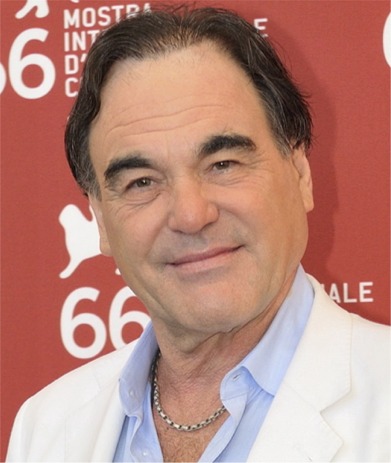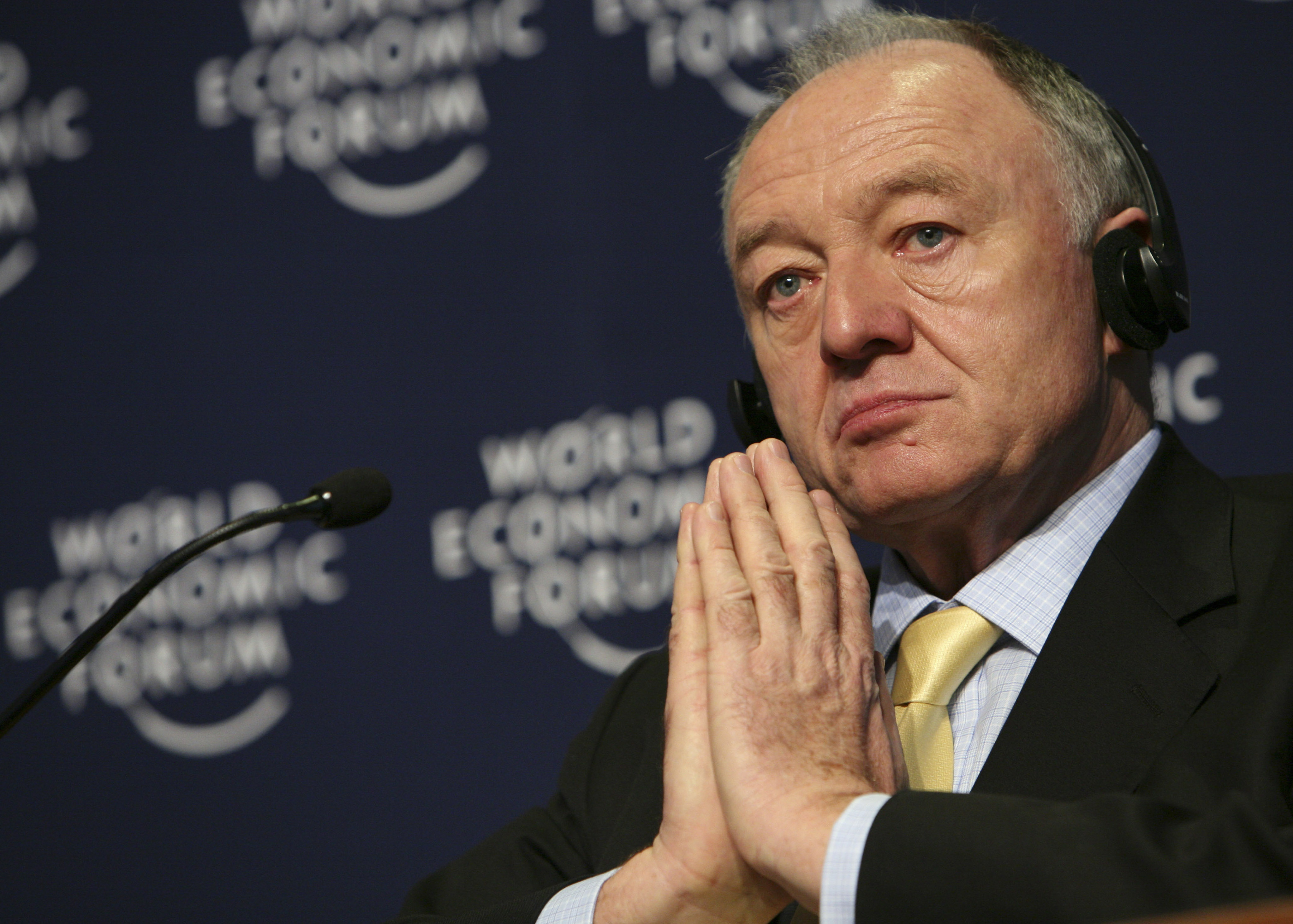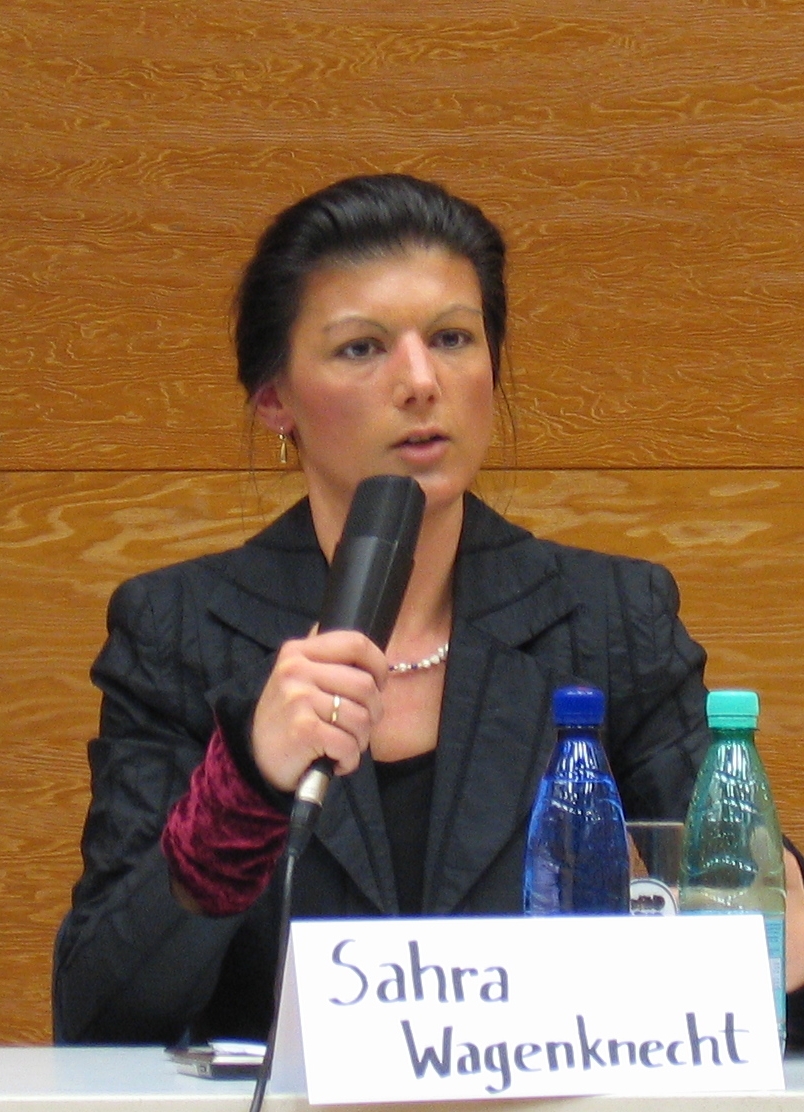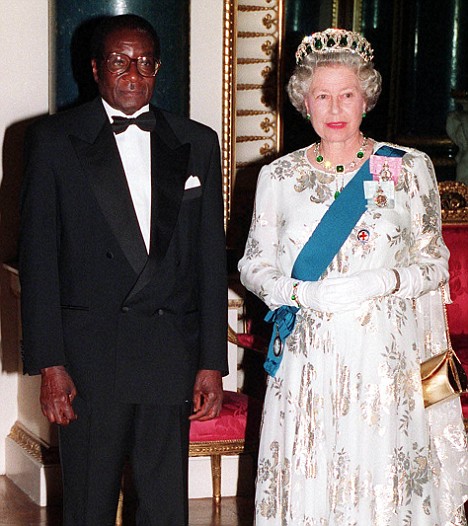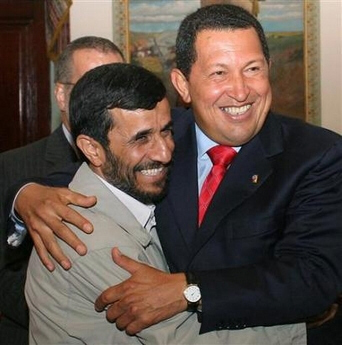Last month I was in Poland and I asked a couple of friends there to recommend a newspaper on the "liberal side". They both mentioned
Gazeta Wiborcza, which is a newspaper that usually partners with the Guardian. My Polish is still basic, but I want to improve it and one of the ways of doing that is by reading as much as possible.
One day on a trip to the Tatras I had some time and decided to read a bit during a dinner. There was a very interesting article about Pasternak, a victim of communism. Then I found a couple of other articles about economic matters. Interesting. Before I continue I have to say it seems, all in all, like a good newspaper. Then I came across an
article about the populist politician
Pawel Kukiz written by a certain Ewa Sapiezynska. That's when I almost chocked on my until then delicious borsch. I re-read it thinking I hadn't got it right. I checked with GoogleTranslate. It still said what I thought was nonsense. I checked with my Polish friends: it was nonsense.
Ms Sapiezynska studied sociology and spent some time in Chile and a few months in Venezuela. She currently works as researcher at a lesser
known private university in Warsaw and she is, apparently, one of those in Poland who still defend the Chavista regime.
I knew little about Kukiz. Basically, what I knew was what my friends had told me and what I had read in such publications as Spiegel, the Guardian and The Economist. All in all the guy doesn't leave any positive impression on me: he is a disgusting populist, has conservative, extremist view, etc. This post is not about him, though. It is about Chávez and the way Sapiezynska tries to say Chávez was the good populist. Basically Sapiezynska says Chávez might be a populist, but a good one, while Kukiz is a bad one.
I leave it to others to discuss about who this Kukiz character is. I still hardly know about Poland, even if it seems my very superficial knowledge about that country is better than the idea Ms Sapiezynska has about my country.
Here you read my comments on what she wrote in Wyborcza and what she wrote in
Al Jazeera.
Sapiezynska said Chávez came from a poor family. In reality his family was lower middle class, like mine. Chávez used to say - this is not reported by her but many other foreign 'believers' bought into that- his family was so poor he had to go barefooted. That was simply bullshit. At that time two teachers could afford to buy shoes for their children and much more. I know: my parents were teachers as well. In fact: the purchasing power of a teacher back then was higher than now. And Chávez's family had quite some land that came from one ancestors of his, Maisanta, who was a competing warlord to dictator Gómez but who was turned into a revolutionary by Chávez's take on history.
Education didn't become free with Chavismo. In fact: a lot of Chavista honchos not only went to university for free during the so-called "IV Republic". They even got scholarships to study abroad, like the husband of the Infanta María Gabriela Chávez, who studied foreign relations abroad with a scholarship introduced in the government Chávez tried to topple.
This Polish sociologist claims Chávez was born "with the wrong skin colour" and in spite of the racial component, he managed to become an official. That is also rubbish. There was and there is racism in Venezuela and yet the situation is much better than in countries such as Poland. There were governors and presidents of the Central Bank that were as or darker than Chávez. The reason is simple: the vast majority of Venezuelans are incredibly mixed. I know that. My family is.
She doesn't go into details about what really happened in Venezuela in 1989 and 1992. In reality the "neo-liberal reforms" Carlos Andrés Pérez announced in 1989 were hardly implemented as the government became largely paralyzed firstly by the violence than ensued that announcement, the violence called El Caracazo, and by the legal actions against Pérez because of corruption. Some claim up to 3000 people were murdered during those days. Still, until now there is no list of missing people, even if the violence took place in the most urban centres of Venezuela. Until now only about 270 deaths have been accounted for. Why has Chavismo not been interested in an independent investigation about those events? Because military honchos close to Chávez were as much involved in the crimes against innocent people as what they later called "the right". Because even some of the military honchos who got power when Chávez arrived had
relatives who were actually killed by the extreme left fighting the military in their usual cat-and-mouse games in the eighties.
Ms Sapiezynska doesn't say right-winged dictator Pérez Jiménez, a man who got hundreds of social democrats, communists and other people in prison camps, who got them tortured and sometimes jailed, was a model for Chávez and that Chávez repeatedly mentioned his admiration for that guy and how superior he was over the democracy that came after him and preceded Chávez.
Ms Sapiezynska is probably under 30 but she should have known about the shortage economist at the end of the socialist regime in Poland (probably she would call it "state capitalism"). Venezuela's shortage economy precedes Maduro: it started to appear when Chávez instituted massive price controls, introduced a currency control that helped increase corruption and let the Central Bank print money to win every possible election.
Sapiezynska
quotes two very well-known Chavista apologists other people from the extreme left quote as "independent analysts": Mark Weisbrot and George Cicariello-Maher. They are as independent as the current ambassador of Venezuela to Cuba.
She writes in Al Jazeera that Venezuela had a stable economy when Venezuelans had been queuing up for many years to buy milk and chicken, flour and sugar. She doesn't not mention Venezuela has the highest inflation in the Western hemisphere and she does not mention the government of Chávez let M2 grow as you would not see in any single normal country.
 |
| This is how the Chávez regime printed money |
Sapiezynska doesn't mention that although Venezuela has been highly dependent on oil for over 70 years, the dependency now is much higher, even if we didn't take into account the oil price development in the past 15 years. In 1998 oil made up 70% of Venezuela's exports. Now the percentage is more than 96%. Back in 1998 Venezuela exported - in total - more non-oil related goods than now.
This sociologist does not explain how the "empresarios" (it seems she wants the word to take the same sense as "politicos" in English) managed to take money out of the country and create chaos. Actually, she probably doesn't have a clue about how Chavismo has created the most corrupt system Venezuela has had by maintaining the different currency systems that enable shameless
arbitrage.
She may not understand the fact the government keeps giving petrol almost for free does not have to do with any social measure, as subsidized public transport could be introduced, but on the fact the military is the main beneficiary of the smuggling that ensues. If Venezuela's petrol prices were raised to a fraction of the average price you see in South America as a whole, the government would have several times more money to spend on education or health...but the military wouldn't be able to make the profits it make now. It goes the same for a lot of other products.
At the end of the day, though, the purchasing power of a Venezuelan is nowadays lower than that of a Colombian or a Brazilian. Cars in Venezuela are now several times more expensive than in Germany but petrol is for free...and
vegetables that grow optimally in Venezuela are cheaper in Western Europe. This is not caused by greedy "empresarios" but by policies of people who are sometimes just complete incompetent military or pseudo-revolutionaries and sometimes complete criminals with huge fortunes based on the arbitration produced by price controls and import benefits to friends of the government.
Sapiezynska doesn't mention at all the murder rate in Venezuela more than tripled since the military caudillo got elected in 1998. If she did, she would probably say, like notorious Ramonet, from Le Monde Diplomatique, that it is a plan by the CIA (Ramonet wrote years ago two full pages in that rag to explain why the increase in crime during Chávez's tenure was caused by the CIA and what he called the extreme right, which is anyone opposing Chavismo...he didn't provide a single proof in those huge two pages).
Sapiezynska does not tell people that the so-called achievements of the regime lag far behind those of a lot of Latin American states.
She claims Chavismo reduced poverty by 50% since 1998 but she doesn't say that data is already old, that that reduction was only possible because international oil prices rose not by 50%, not by 100% but by more than 500% and that poverty has been increasing for many years now. Even if the Central Bank and the INE are hiding most of the recent data, poverty figures are probably back to what they were in 1998. How do you know that? You just have do do the maths and compare the purchasing power back then and
now. On top of that, Sapiezynska doesn't tell the readers poverty reduction has been more effective in many of the Latin American countries with governments that belong to bad "team" (in her Manichean world). If she cared, she could check out the data from
ECLAC or the World Bank: the less developed countries of South America have overtaken Venezuela in poverty reduction already before oil prices started to drop (and they still haven't reached by far the levels they were before Chávez came to power, even if you take into account inflation).
She claims Chavismo has done something for education when we know that claim is bogus: Venezuela didn't eradicate illiteracy as I wrote already here. There was never an independent United Nations' study about illiteracy in Venezuela. In fact, Chavismo took Venezuela away from international academic tests on education quality. As I reported earlier (in German
here, with some links in English), Chavismo even tried to sabotage the efforts carried out by the regional government of Capriles to let the few schools it had under its administration to take part in the PISA programme. If some journalist has any doubt about this, she can get in touch with me.
 |
| Life expectancy: Mexico got to Venezuelan levels, Colombia and Peru overtook it since Chavismo is in power |
Sapiezynska won't tell you about how the current head of the Supreme Court was a friend of Chávez and a former candidate for the position of governor of Nueva Esparta for the Chávez party. She won't tell you the previous head of the Supreme Court - during Chávez's time - publicly declared that the division of powers was bad for the State (and thus not welcome).
She doesn't say anything about the incredible nepotism under Chávez or Maduro. Nepotism nowadays is even worse than during the Monaga times of the XIX century. The head of the Republic's Treasury is Maduro's nephew. Several dozen relatives of Maduro and his wife are employed by them at the National Assembly.
She won't tell you about how the former military coupster Diosdado Cabello, the second in command and a coup monger like Chávez, uses illegally
wiretapped recordings of the opposition to threaten them on public TV. She won't tell you Cabello's wife is minister of tourism and his brother is the minister of Industry.
Above all, she won't tell you about how oil prices evolved during the eighties and the nineties.
I suppose this sociologist prefers not to read Amnesty International's reports on
Venezuela and much less
Human Rights Watch's. They are probably agents of the Empire and HRW was even expelled by Chávez. I suppose she would consider the current ombudsman of the Venezuelan people,
Tarek Williams Saab, the right source of information for that. You can watch Chávez
here reading a poem Saab wrote.
Wyborcza has a wide range of contributors with very different opinions. I suppose this person is one of those who claims to be "the real left". Poland might not have as many contacts with Latin America as Germany, France or Spain and Ms Sapiezynska might have been one of the few "scholars" available at a certain time and moment and who might have had the time to write something about the country. Still, Wyborcza should try to find people who have a more solid knowledge about Venezuela's economy and history and who are honest enough as to present the different positions of the Venezuelan population as a whole, not only those of a particular ideology or, should I use Kundera's term?, of a particular imagology.
Ps. tip: read what The Guardian's journalist
Rory Carroll had to say about Chavismo
 Former coup monger Diosdado Cabello, current president of the National Assembly and one of the key Chavista strongmen, announced today the state of emergency has been extended to further municipalities of Táchira, the most densely populated Venezuelan state bordering Colombia. He said the border could be also closed along the states of Zulia and Apure. On the side: Cabello's brother is minister of Industry and Cabello's wife is minister of Tourism. His daughter often appears in flashy videos sponsored by the government singing for the "revolution" and the late caudillo Chávez.
Former coup monger Diosdado Cabello, current president of the National Assembly and one of the key Chavista strongmen, announced today the state of emergency has been extended to further municipalities of Táchira, the most densely populated Venezuelan state bordering Colombia. He said the border could be also closed along the states of Zulia and Apure. On the side: Cabello's brother is minister of Industry and Cabello's wife is minister of Tourism. His daughter often appears in flashy videos sponsored by the government singing for the "revolution" and the late caudillo Chávez.








